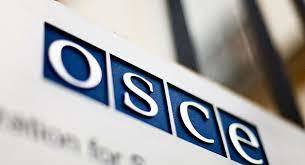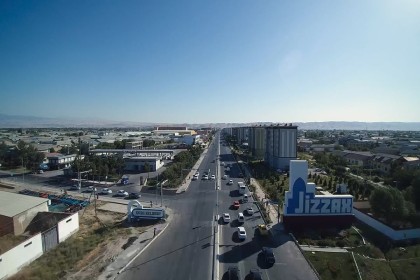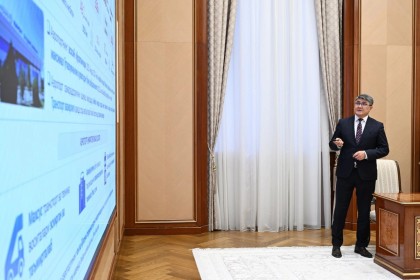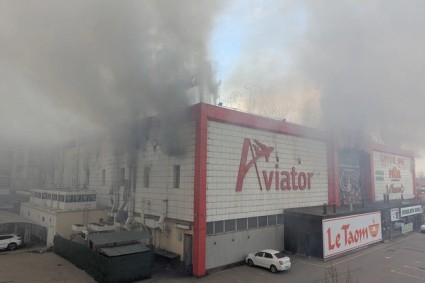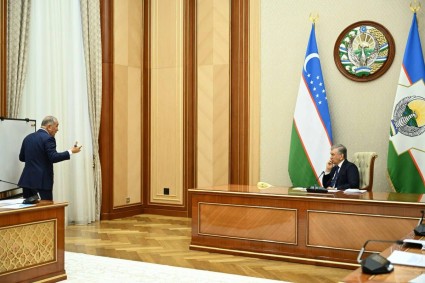A mission from the Organization for Security and Cooperation in Europe's Office for Democratic Institutions and Human Rights (OSCE/ODIHR), which visited Uzbekistan July 19-21, recommended that a limited mission be sent to the country to observe the referendum to amend the constitution. This is stated in the report of the mission, published on August 5.
In addition to the core team of experts, the mission recommended the deployment of 14 long-term observers from OSCE participating States to observe the referendum process throughout the country.
The mission will visit a limited number of polling stations and will not systematically observe the voting process, the report says. By tradition, the mission will also monitor media coverage of the referendum.
The purpose of the past mission to Uzbekistan was to assess the situation prior to the referendum and preparations for this event. She held meetings with representatives of state bodies - the Ministry of Foreign Affairs, the Central Electoral Commission, the Agency for Information and Mass Communications and others, as well as civil society and the media.
The report states that the package of amendments to the Basic Law, which was put up for public discussion, includes 200 amendments and additions to 64 of the 128 articles of the Constitution and proposes 6 new articles. Some of them concern the protection of certain human rights, fundamental freedoms and procedural guarantees. The amendment to Article 90 provides for an increase in the presidential term from five to seven years.
Many welcomed the proposed amendments, but others “expressed concern about the extension of the presidential mandate and that by-laws would continue to restrict freedom of expression, peaceful assembly and association, as previously noted in ODIHR assessments, and stressed the importance of proper implementation of possible constitutional changes.” , the document says.
Despite the fact that the authorities note the high activity of citizens in discussing amendments to the Constitution and claim that they are holding public discussions in all regions of the country, some ODIHR interlocutors expressed concern about the low transparency of the process of introducing amendments and the uncertainty about whether there will be amendments to strengthen checks and balances reflected in the final draft law.
Referring to information from the Central Election Commission, the mission reports that the amendments to the referendum will be submitted in one package, and citizens will be asked to answer one question: “for” or “against” the amendments.
The report states that all expenses related to the preparation and holding of the referendum are made at the expense of the state budget. The Referendum Law allows public associations, enterprises, institutions, organizations and citizens to voluntarily transfer funds to the CEC for holding a referendum. At the same time, the law does not contain provisions on the basic aspects of a transparent and accountable campaign finance system, disclosure of information about campaign finance, control and monitoring, as well as sanctions for violations.
The law allows observers from political parties, citizens' self-government bodies, initiative groups of citizens, media representatives, observers from other states and international organizations to be present at all events for the preparation and holding of a referendum. However, there are no provisions for civilian monitoring, which is contrary to international standards and previous ODIHR recommendations, the report says.
The referendum law allows citizens of Uzbekistan, public associations, citizens' self-government bodies to freely campaign for or against a referendum, for or against a bill, a law in force or another issue submitted to a referendum. The media can be used for campaigning.
At the same time, there is no requirement in the law for impartial coverage of the process or guarantees of equal conditions for campaigns, the mission notes. The mission was informed by the National Television and Radio Company that they intend to give the floor to those who intend to criticize the referendum.
“All interlocutors of the ODIHR mission noted the importance of independent monitoring of the referendum process and emphasized the need for ODIHR monitoring activities,” the document substantiates the decision to send observers from the OSCE.

